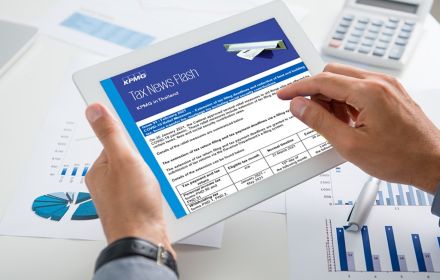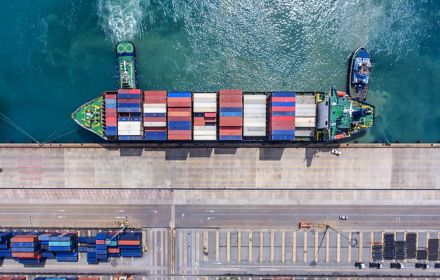Thailand-EFTA free trade agreement | Thailand officially signs its first free trade agreement with European countries
Key updates
After extensive negotiations, which have been underway since October 2005, Thailand has officially signed its first free trade agreement (FTA) with four European countries: Switzerland, Norway, Iceland, and Liechtenstein (i.e., the European Free Trade Association (EFTA)).
Under this agreement, the majority of goods originating from Thailand and imported into these countries will benefit from preferential tariff treatment, with many enjoying a 0% import duty rate. This development is expected to boost Thailand's exports, reduce costs on imports from EFTA member states, and foster greater economic cooperation among the signatories to the agreement, thereby enhancing Thailand's competitiveness in the global arena.
As with any FTA, this agreement will undergo public hearings before moving forward to parliamentary endorsement and the necessary regulatory adjustments, with ratification expected within one year
This agreement will serve as a stepping-stone for negotiating FTAs with other European countries, foremost of which is the ongoing negotiation with the European Union for an EU-Thailand FTA, which, once finalized, is expected to have a significant impact on trade between Thailand and the EU.
Our view
As this marks Thailand’s first agreement with the EFTA, we anticipate that many companies will begin exploring how to leverage the tax benefits the FTA offers and assess its impact on their supply chains. Although the effective date is still pending, we recommend that companies begin to consider undertaking:
- a review of the company's supply chain with the objective of
– assessing potential positive and negative impacts on the current supply chain (e.g. effects on costs and sales prices) and identifying ways to remain competitive, and
– evaluating whether the tax benefits conferred by the FTA can be fully utilized by adjustments to the sourcing of raw materials, and the extent to which the company carries out its manufacturing within the member states;
- an assessment of whether the company’s finished goods are eligible and able to comply with the rules of origin to qualify for the preferential tariff treatment offered by the FTA; and
- an evaluation of the company's readiness to utilize the FTA by providing staff with adequate training to maintain continuous compliance.
KPMG in Thailand has extensive experience in helping Thai and foreign MNEs to navigate FTAs and their complexities, and to understand their impacts on supply chains. If you have any questions, please feel free to contact us.
Key contacts
Connect with us
- Find office locations kpmg.findOfficeLocations
- kpmg.emailUs
- Social media @ KPMG kpmg.socialMedia
Why work with KPMG in Thailand
KPMG in Thailand, with more than 2,500 professionals offering Audit and Assurance, Legal, Tax, and Advisory services, is a member firm of the KPMG global organization of independent member firms affiliated with KPMG International Limited, a private English company limited by guarantee.



